ICRC stresses burden on civilians in war
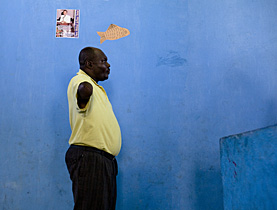
Civilians are bearing the burden of military conflicts and the consequences are devastating, says the International Committee of the Red Cross (ICRC).
The Swiss-run humanitarian body released findings on Monday describing the “stark” conditions under which people in war-torn countries live: displacement, separation from family members and a lack of access to basic facilities.
“What’s new about this research is that it gives us a more comprehensive overview of how the victims of armed conflict and violence are affected across the board,” said Pierre Krähenbühl, the ICRC’s director of operations.
The conclusions are based on surveys of more than 4,000 people in eight countries and on personal interviews.
Krähenbühl called the decades-old conflicts and periods of instability in places like Afghanistan and the west African country of Liberia “very worrying and an ongoing matter of preoccupation” for the ICRC. Some 96 per cent of people questioned in both of those countries said they had felt the consequences of war.
The ICRC official was speaking at a media conference in Geneva. On Wednesday, the ICRC will mark the 150th anniversary of the Battle of Solferino, the most important conflict in the Second Italian War of Independence and the catalyst behind the organisation’s founding.
“One of the first elements that comes across when looking at the feedback is how much the environment of armed conflict has changed,” said Krähenbühl. He calls war zones today a “very different environment” from Solferino.
Of more than 200,000 soldiers, some 40,000 were killed on the northern Italian battlefield but only one civilian death was reported.
Evolving conflicts
Europe experienced mass civilian casualties six decades ago – in the Second World War – but conflicts have evolved and broadened. Rather than two or three conventional armies facing off, civilians or loosely bound groups do much of the fighting today.
“These are conflicts where populations are caught up in the midst of a mix of actors, the tendency of which has been to fragment into multiple sub-groups,” Krähenbühl said. The consequences end up affecting people hundreds of kilometres from the battle lines.
In three of the countries surveyed – Haiti, Lebanon and Afghanistan – almost everybody questioned had suffered the wider consequences of war: typically forced to leave their homes, separated from their families and suffering severe economic hardship.
“When we hear about displacement, we often think of having a few minutes to grab a few belongings,” said Krähenbühl but added that this has also changed.
He cites the Democratic Republic of Congo, where the first instance of fleeing is only the beginning of the journey to safety. After a few days, refugees are forced to move on multiple occasions, perpetuating what Krähenbühl calls a “cycle of displacement”.
When people turn for help, they usually first seek out not relief organisations but their own families and neighbours. The solidarity shown by local communities “must not be overlooked” said Krähenbühl.
It was the role of communities in caring for the war-affected that in part prompted the ICRC to give greater attention to their concerns.
“Really listening”
Charlotte Lindsay, the ICRC’s deputy director of communications, said: “By talking to a wide range of people and really listening to what they have to say, we’re able to see the situation through their eyes. This will greatly enhance and inform our approach towards helping them and others in need.”
“It is very important to obtain direct feedback from the populations affected about the quality of what we provide. One thing is what you may think is the most appropriate response, another is how it is felt at the other end,” Krähenbühl told swissinfo.ch.
People affected by conflict want services that address the broader impact of conflict on their lives, such as obstetric services, he added. They are also able to compare the quality of services offered by aid agencies and non-governmental organisations.
“If somebody is unhappy with something that we have provided, we end up hearing about it. If they feel that our medical assistance is not good enough, you end up hearing about it.”
The ICRC will use its findings to improve the services it delivers in the 80 countries it works in but Krähenbühl says its future strategies will not “represent a radical departure.
“It represents a further enrichment, I think, of challenging our own set of notions and perceptions, more intensely based on feedback.”
Justin Häne in Geneva, swissinfo.ch
The firm Ipsos surveyed more than 4,000 people in eight countries: Afghanistan, Colombia, Liberia, Lebanon, Haiti, the Democratic Republic of Congo, Georgia and the Philippines.
44% of people said they had personally experienced armed conflict. In Liberia, the figure stood at 98%.
Around 66% said they felt the consequences of hostilities even if they were not affected.
Almost 30% said a close family member had been killed in fighting. In Liberia, the figure was 69% and in Afghanistan, the number was 45%.
The survey was conducted between February and April and reflects the views of people aged 18+, with a 5 per cent margin of error.
All surveys were conducted in-person, except in Lebanon, where they were done by telephone.
Respondents were not asked whether they were combatants or not.
The ICRC is a private agency governed by a committee of between 15 and 25 exclusively Swiss members.
Its budget last year was SFr1.1 billion ($949 million) – the highest ever.
Switzerland is the third-largest financial contributor, after the United States and Britain. In 2008, Bern gave the body SFr101.05 million, which included SFr70 million for its headquarters and SFr30.5 million for aid programmes. Switzerland is set to contribute a total of SFr105 million for 2009.
The ICRC employs about 11,800 people including 9,500 national staff and more than 1,300 expatriate delegates.
Until the 1990s, only Swiss citizens were allowed to serve as ICRC delegates abroad.
Some 90 per cent of the ICRC’s funding comes from governments but the organization is independent of any government.
The ICRC says it works in 80 countries and assists roughly 15 million people each year.
The ICRC is the custodian of the Geneva Conventions.
Some of body’s biggest operations include Sudan, Somalia, Iraq, Afghanistan, Sri Lanka and Chad.

In compliance with the JTI standards
More: SWI swissinfo.ch certified by the Journalism Trust Initiative

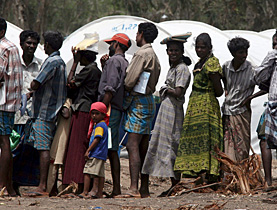
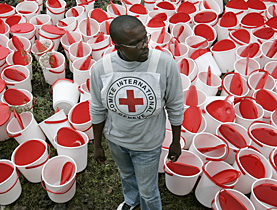

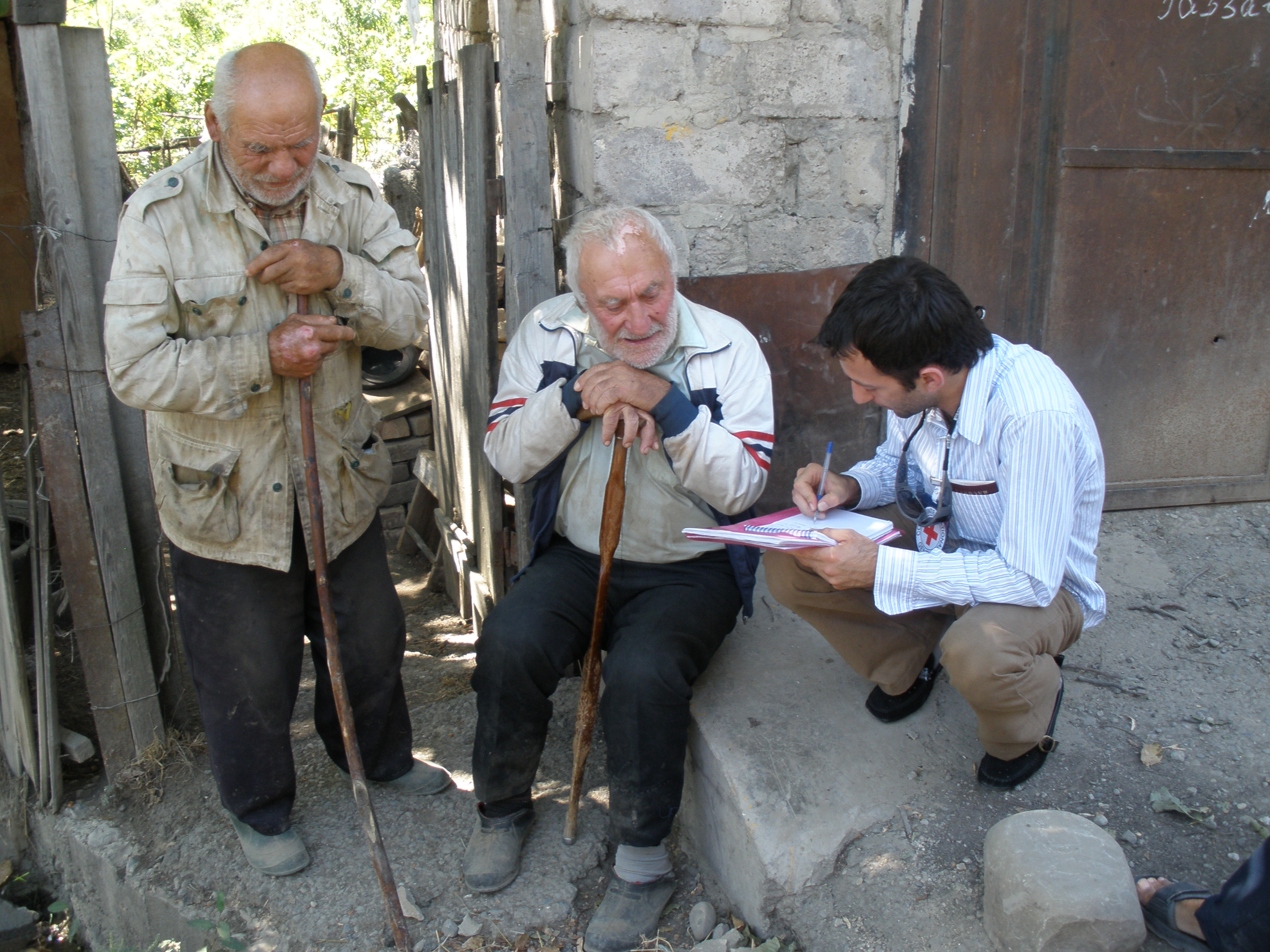
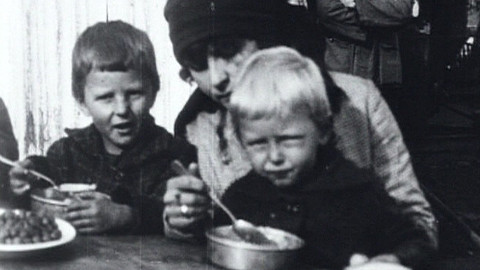
You can find an overview of ongoing debates with our journalists here. Please join us!
If you want to start a conversation about a topic raised in this article or want to report factual errors, email us at english@swissinfo.ch.